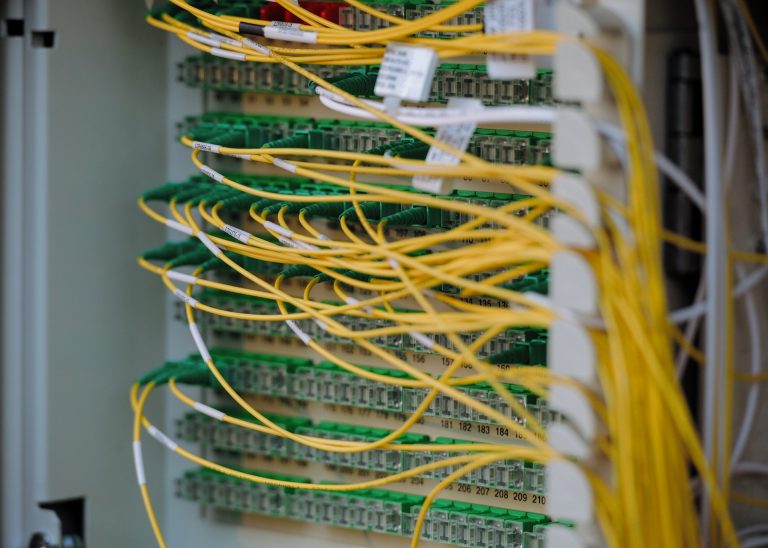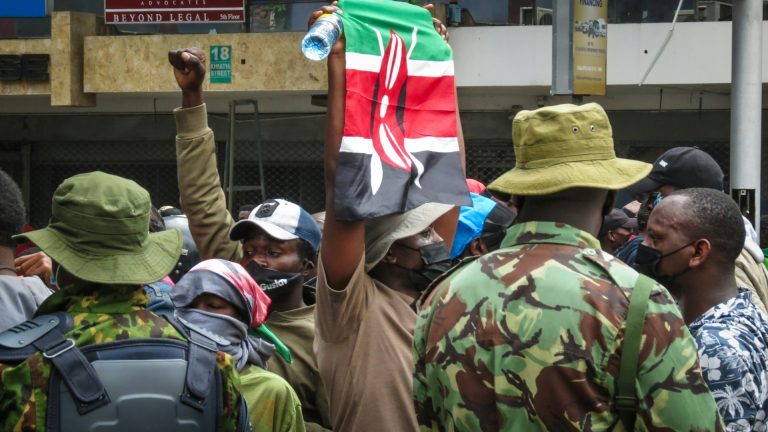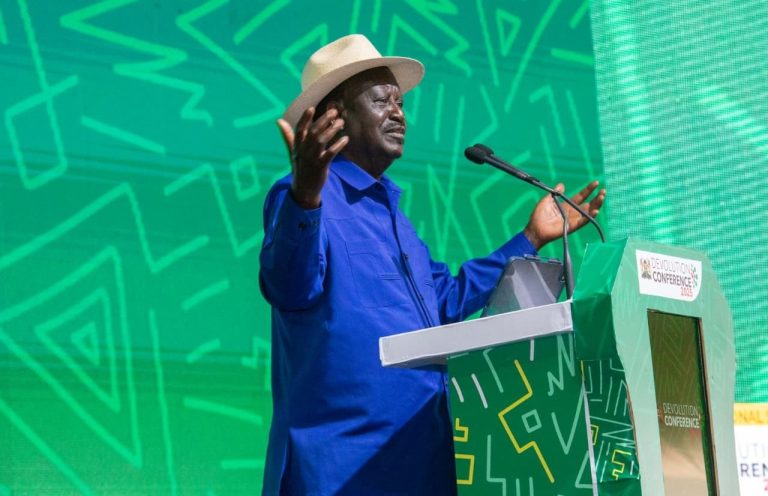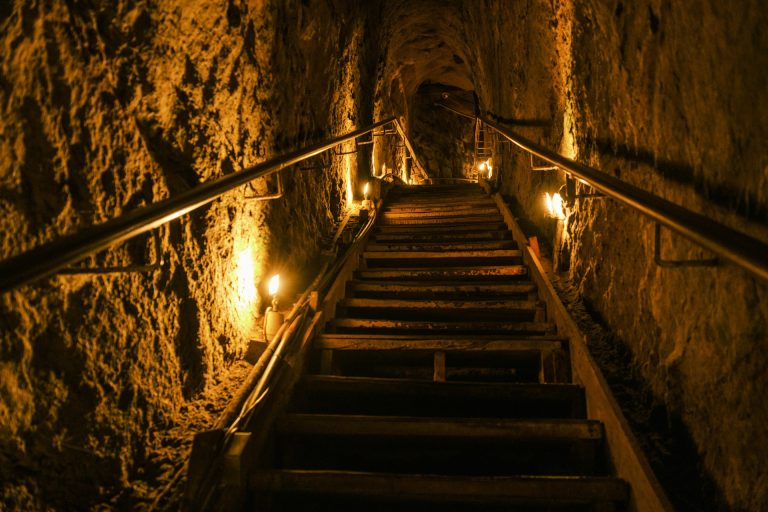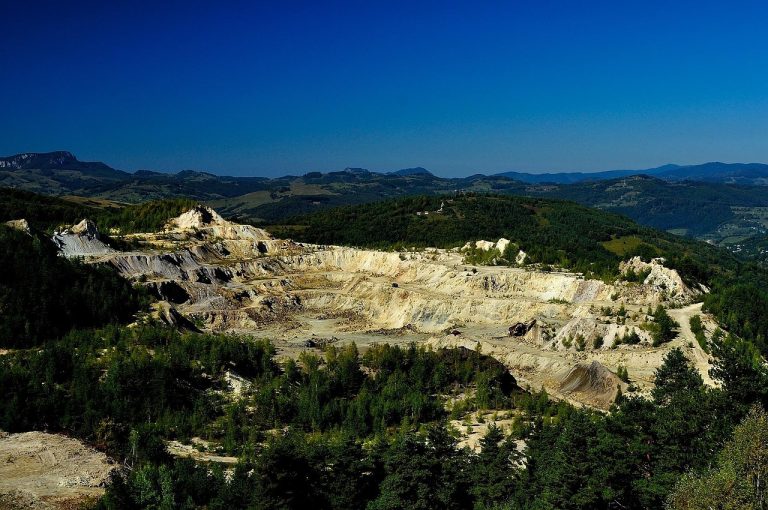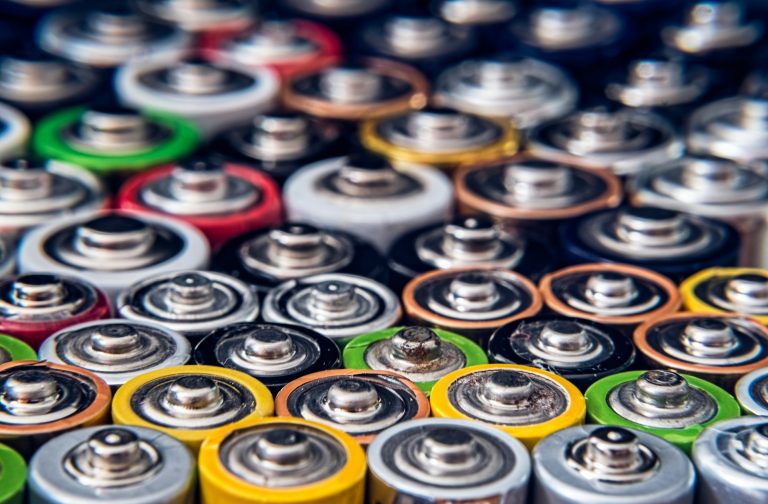- Nigeria cuts interest rates after five years to boost growth
- But manufacturers say high costs, weak demand and FX woes persist
ABUJA, NIGERIA – Nigeria’s central bank cut its benchmark interest rate by 50 basis points to 27% in September, signalling a shift from years of tight policy and betting that inflation has finally peaked.
Central Bank of Nigeria (CBN) Governor Olayemi Cardoso said the move was justified by “sustained disinflation recorded in the past five months, projections of declining inflation for the rest of 2025, and the need to support economic recovery efforts.”
Alongside the cut, the CBN lowered the cash reserve ratio for commercial banks from 50% to 45%, hoping to ease credit conditions and unlock liquidity.
The bank’s optimism was buoyed by falling inflation – down from 23.7% in April to 18% in September – and by faster GDP growth. Nigeria’s economy expanded by 4.23% year-on-year in the second quarter, up from 3.48% in the same period of 2024, driven largely by a 7.45% surge in the industrial sector, according to the National Bureau of Statistics.
Manufacturing paints a bleaker picture
Yet on the factory floors, optimism is harder to find. The Manufacturers Association of Nigeria (MAN) said unsold finished goods rose to ₦1.04 trillion in the first half of 2025 – a 16% jump from the second half of 2024. The pile-up, it warned, reflects weak consumer demand and constrained credit.
Credit to the manufacturing sector fell 9.5% year-on-year to ₦7.72 trillion despite the broader industrial rebound. Analysts say lenders remain wary.
“Exchange rate volatility, weak consumer demand, and energy costs have eroded margins,” Ikemesit Effiong, a partner at Lagos-based risk advisory firm SBM Intelligence told Allen Dreyfus. “A 50-basis-point cut is largely symbolic and signals intent but doesn’t change credit conditions meaningfully.”
While Effiong concedes the policy shift could ease financial pressure on firms, he cautioned: “It won’t shift lending behaviour without structural fixes, including a stable FX policy, reliable power, and a credible industrial financing guarantee scheme. Rate cuts alone won’t change the risk calculus; predictability and protection will.”
The malaise has been years in the making. MAN’s data show unsold inventories ballooned by 87.5% in 2024 to ₦2.14 trillion. Director-General Segun Ajayi-Kadir blamed structural inefficiencies and shrinking consumer demand. Between 2017 and 2024, at least 70 multinationals exited Nigeria, while 767 local manufacturers shut down in 2023 alone, leading to the loss of nearly 19,000 jobs in the first half of 2025.
“Nigeria is edging toward structural deindustrialisation,” Effiong warned. “When capacity utilisation and employment fall simultaneously across subsectors, it’s no longer cyclical; it signals that the economy is shifting away from production. Without decisive interventions, the country risks hollowing out its manufacturing base.”
For now, Nigeria’s monetary pivot may offer symbolic relief — but with inflation still high and foreign exchange constraints unresolved, the country’s factories remain under strain. “Until inflation eases, real incomes rise, and foreign exchange bottlenecks clear, inventories will remain high no matter how low policy rates go,” Effiong said.



